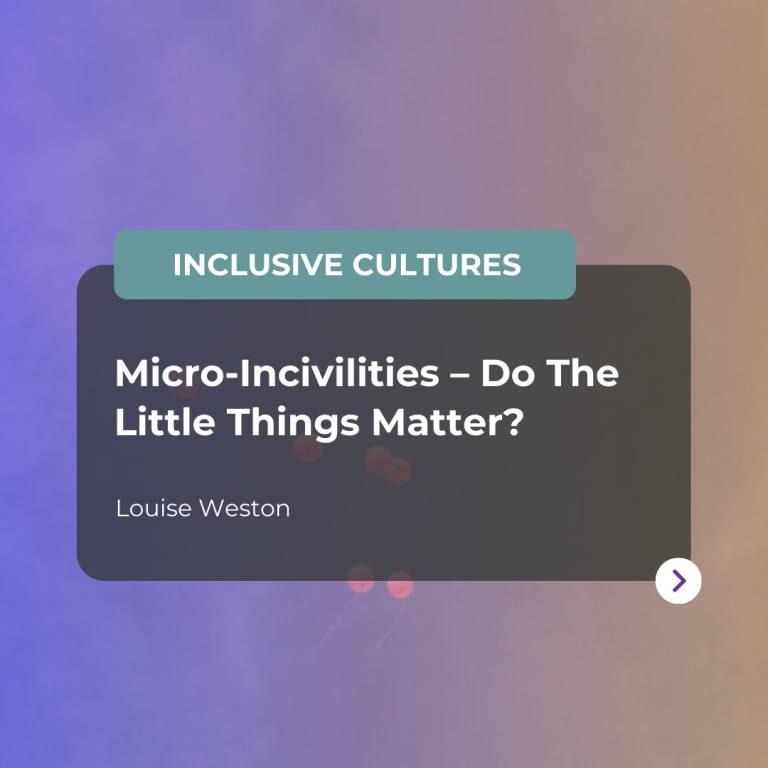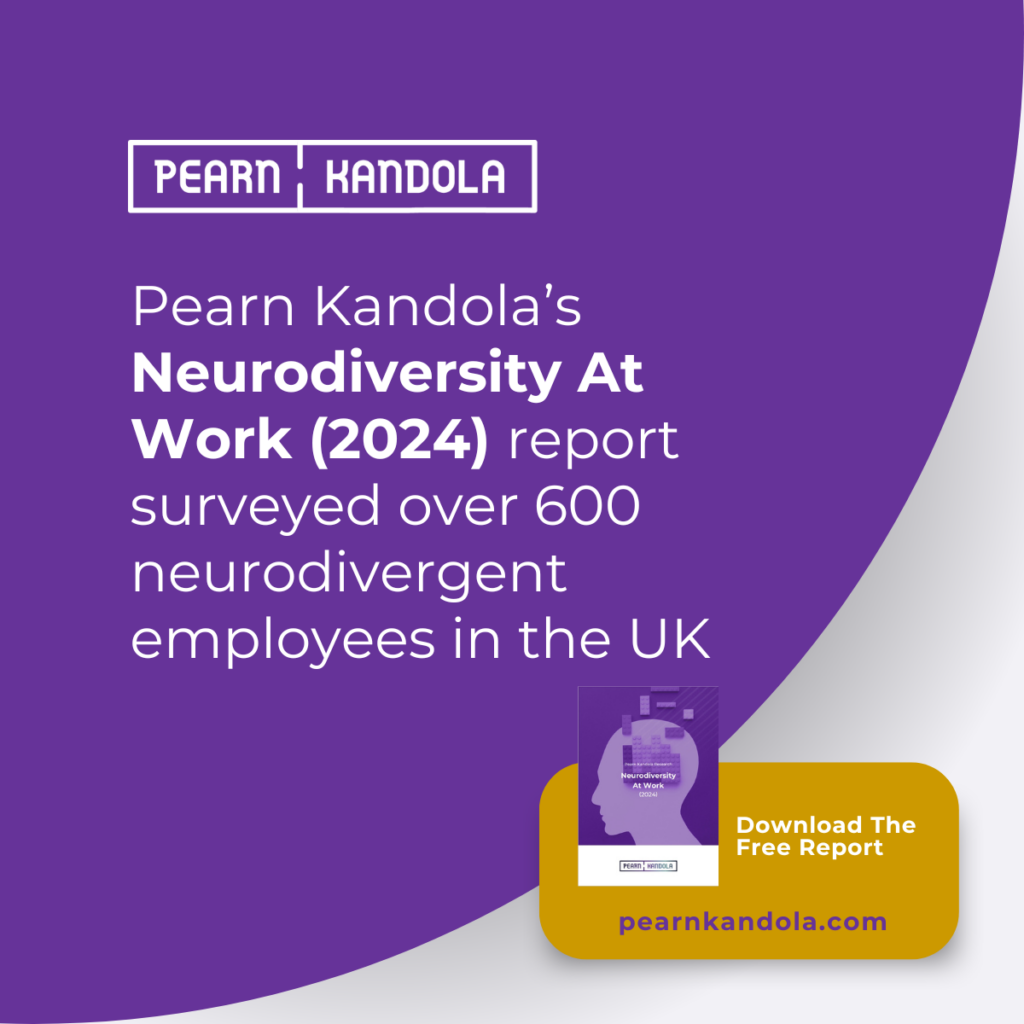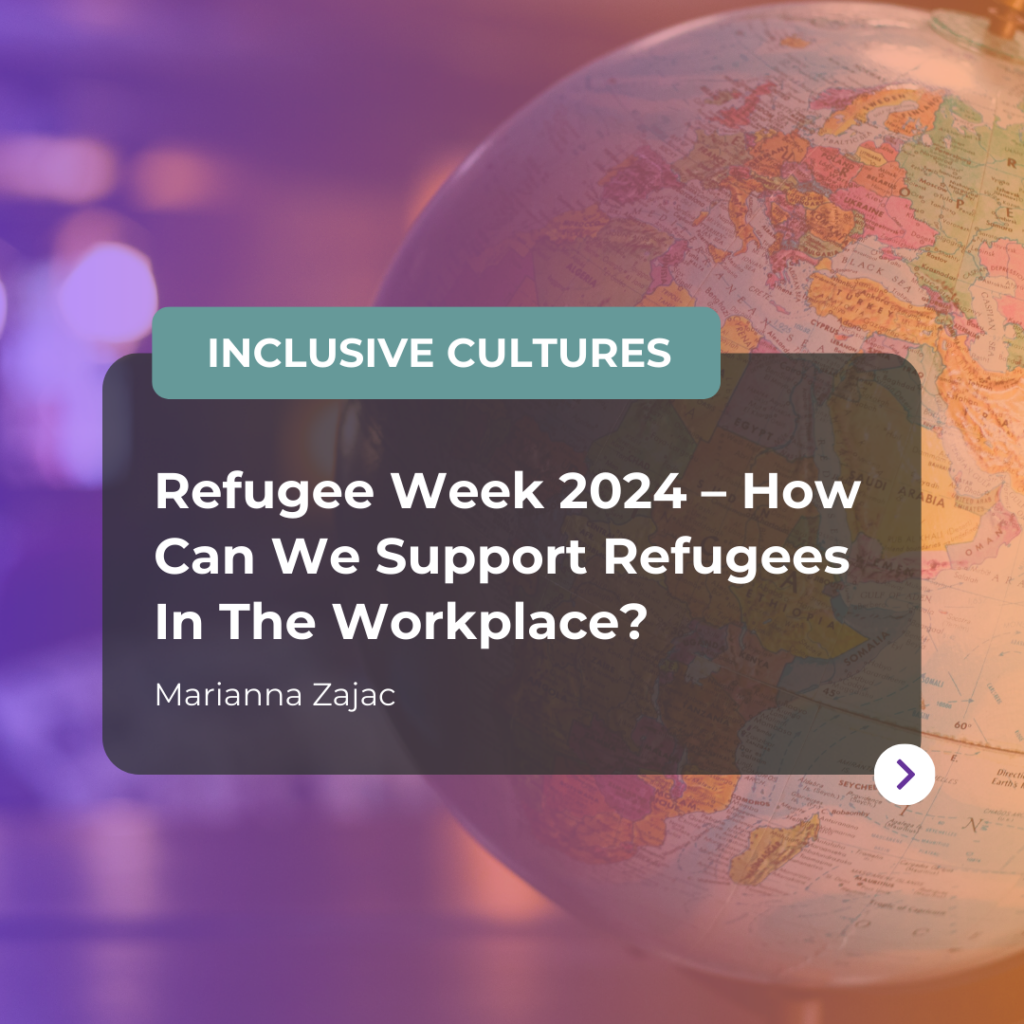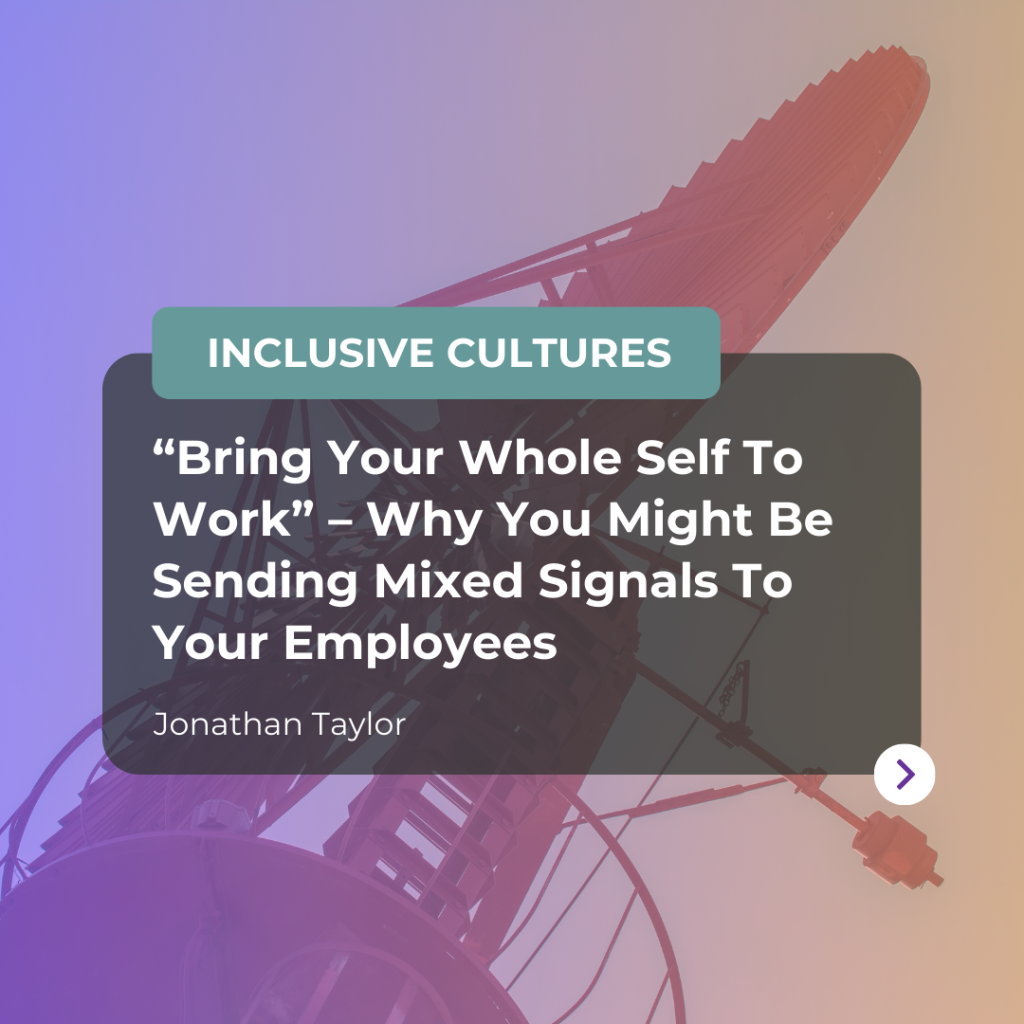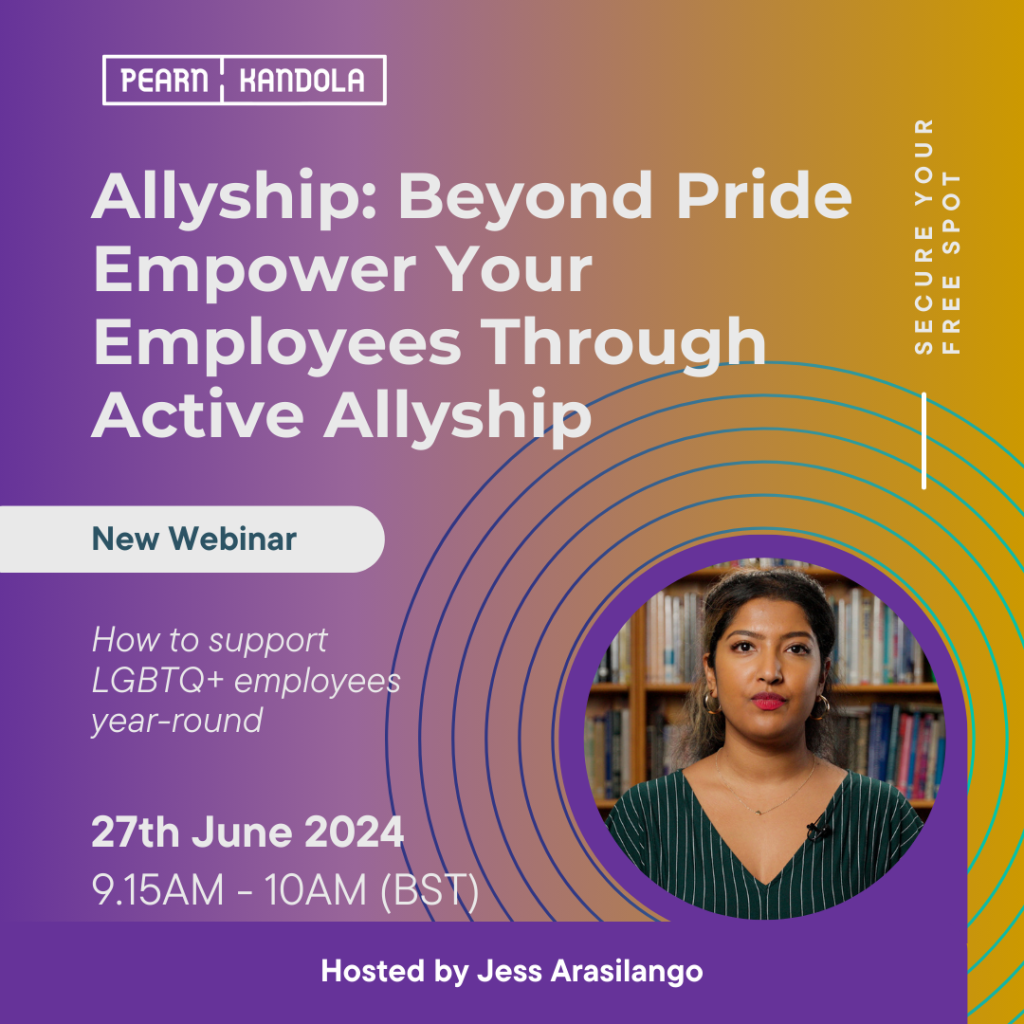I’m fascinated by micro-incivilities and with the launch of Binna Kandola’s book ‘Racism at Work: The Danger of Indifference’, it feels like a good opportunity to share my experience of race and micro-incivilities. It’s a slightly different perspective because, whilst I haven’t been on the receiving end of racial micro-incivilities, I do have personal experience.
Micro-incivilities are the small actions that we take, often unconsciously that can make people feel excluded. The discussion in this area was initially focused on race but we know from the research that we behave differently towards members of our ‘in-group’ (to slightly oversimplify – people like me) and our ‘outgroup’ (people not like me). For our in-group members we are more likely to remember their contributions, remember more positive information about them and offer more support to them, amongst other things.
When I speak to people about micro-incivilities they ask: Do they really matter these small behaviours? How can such small things possibly make a difference? I suppose if you’re not at the receiving end of them they probably don’t. But if day in, day out people forget your name, forget the points you make in meetings and they don’t give you eye contact in the same way they do to everyone else– then these small behaviours do make a difference. It’s easy to see how they can make you quickly feel invisible.
So micro-incivilities do matter. That said, I don’t think the size of the behaviours is the real issue. I think the biggest problem is actually that most of us don’t believe that micro incivilities are relevant to us. We get it in theory but it applies to other people.
I certainly don’t consider myself racist, I spend my working life trying to help people understand how to minimise bias and be more fair in their decisions. I couldn’t possibly display any racial micro-incivilities, could I?
Actually yes, my own impact was brought into sharp focus for me fairly early in my career when I accompanied my colleague and managing partner to a pitch meeting. The client had wanted to meet the delivery team and I was keen to be involved and delighted to go along to the pitch. Nervous and keen to impress, I had prepared well and felt like I knew my stuff. The pitch seemed to go fairly well and so I was shocked when the feedback came back that we had won the work, but the client had specifically requested that I not be involved. My feedback was that during the pitch all my responses had been directed to the senior white male in the room and that I had made very little contact with the black female who was also part of the client team. That was not what they wanted from a diversity professional (and quite rightly!), so I wasn’t involved in the project.
Although I hadn’t had any awareness of the different ways I responded to the two clients in that pitch, the individual who gave the feedback was very aware of the impact. That was a huge wake up call and valuable learning point for which I’m grateful – there are not many other situations where would I have even received that feedback.
Despite my very best intentions, I’ve displayed racial micro-incivilities. I didn’t intend to, I didn’t realise I was doing it, but in the end that doesn’t matter – it had an impact.
It’s easy to say, “it doesn’t apply to me” or “it’s not something I’d ever do” but that’s the problem – we do respond differently to people who are not part of our ‘in group’. The good news is that we don’t have to passively let it happen. It takes a conscious effort – to notice when we are doing it and then take steps to reverse our behaviour, but we can do it. We have the choice; we don’t have to let the little things become a big thing.
